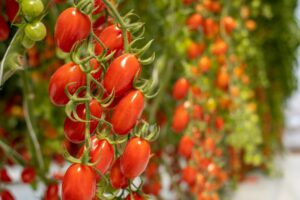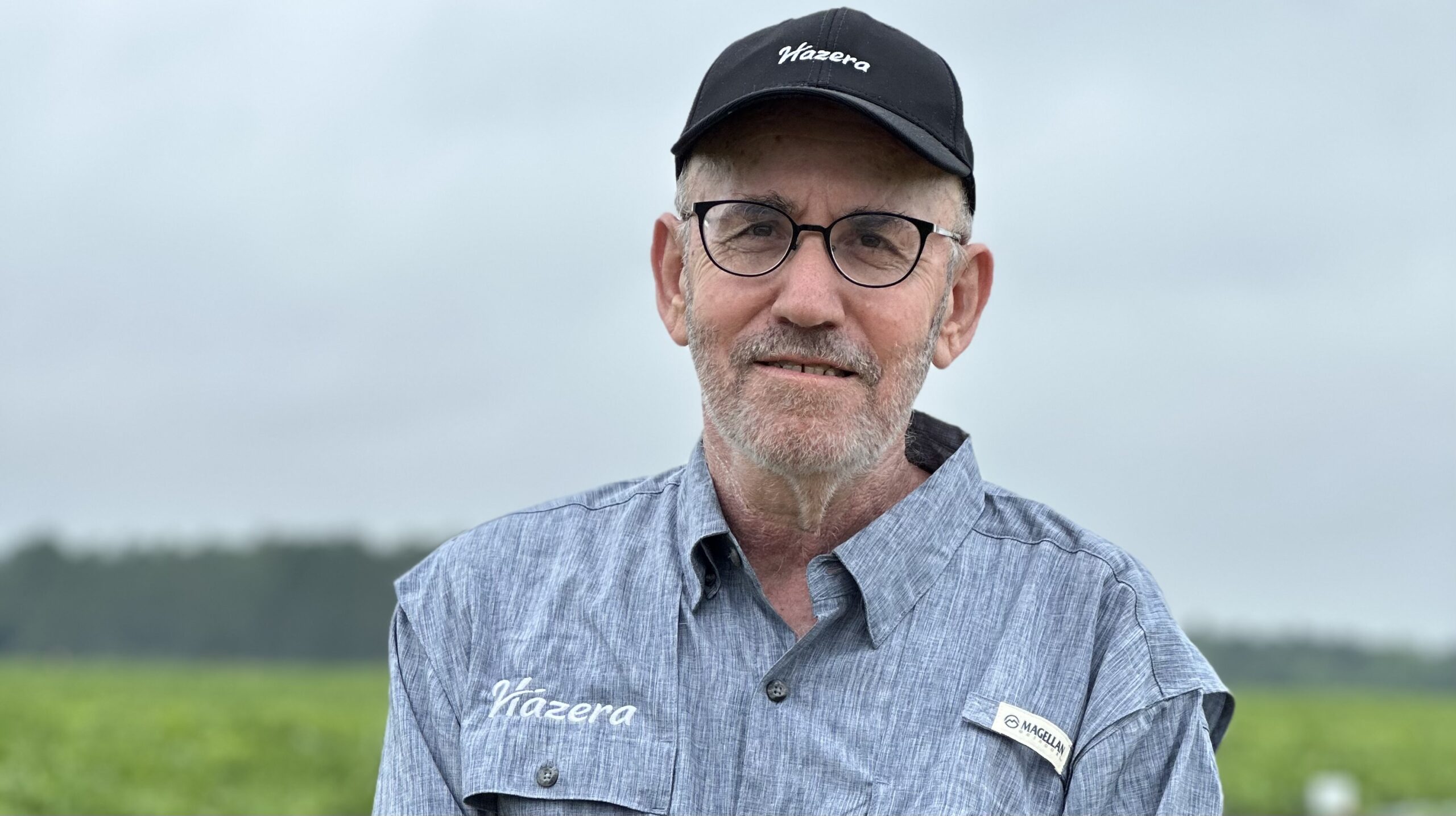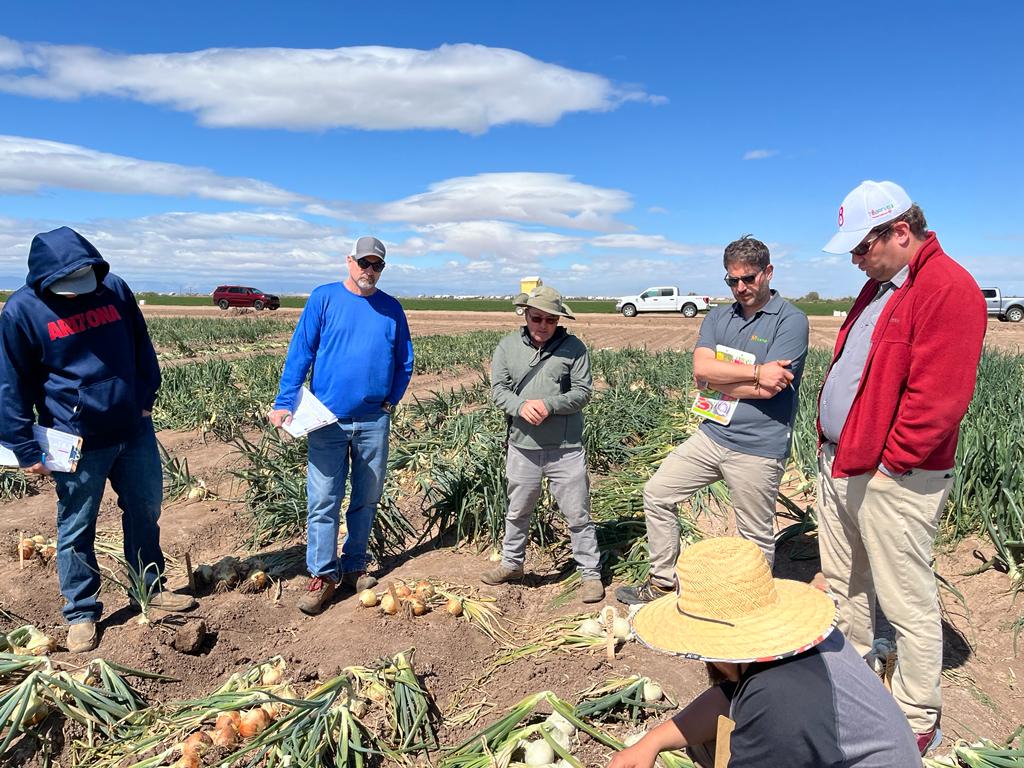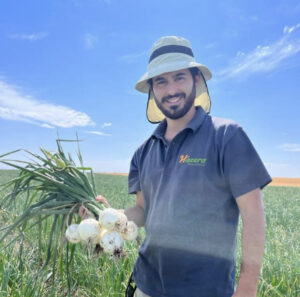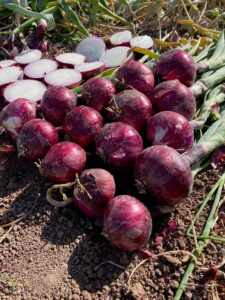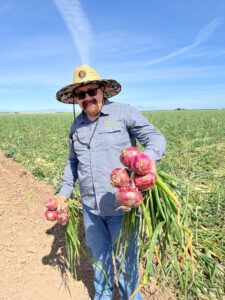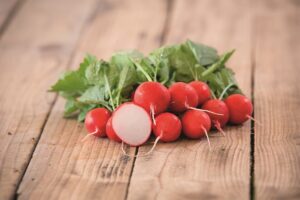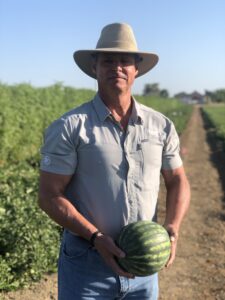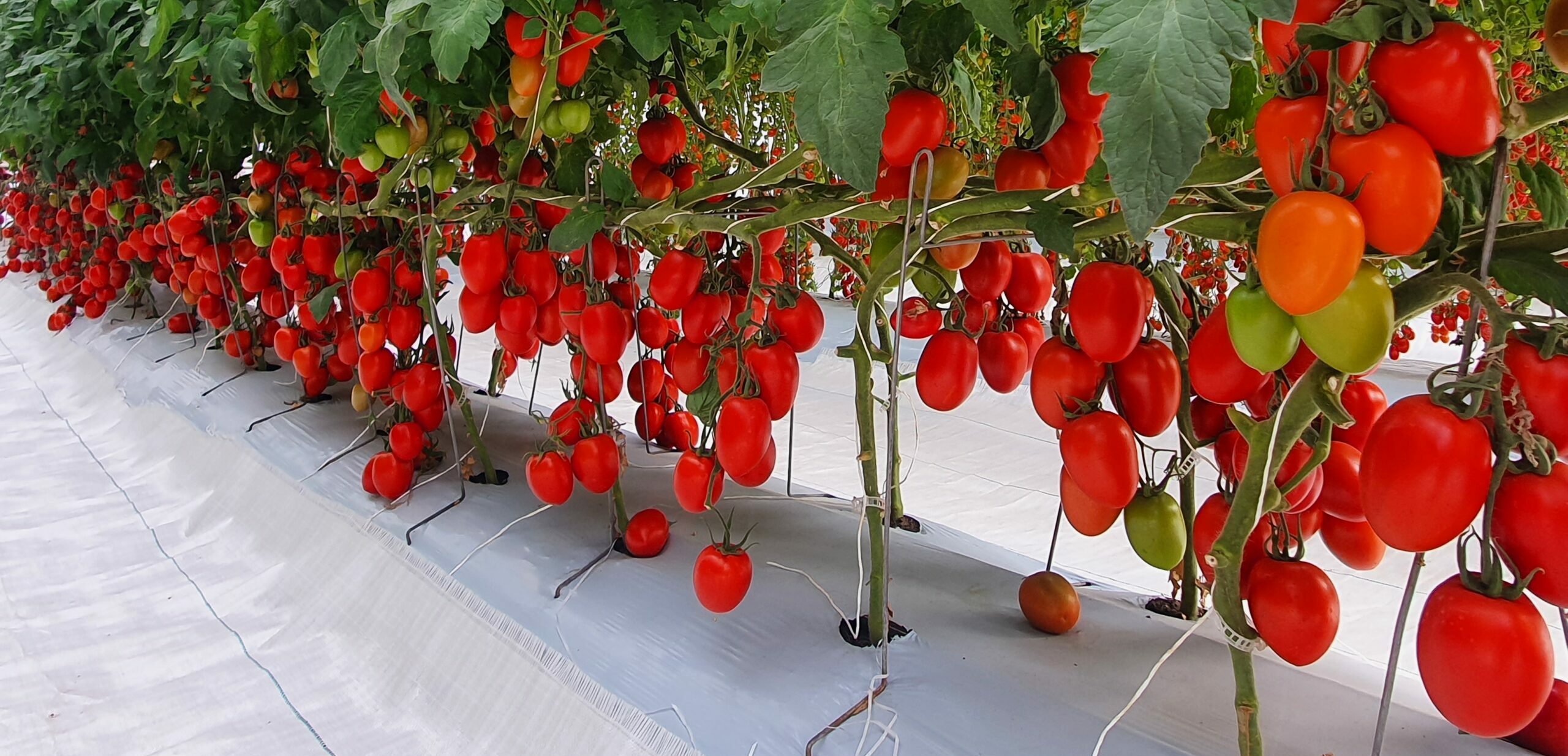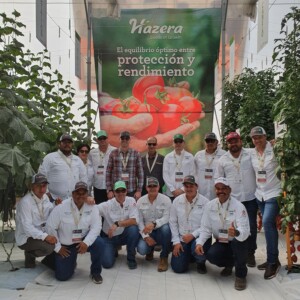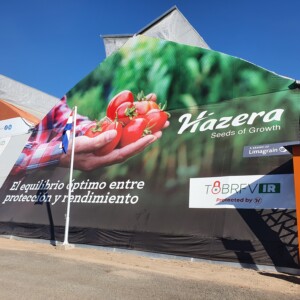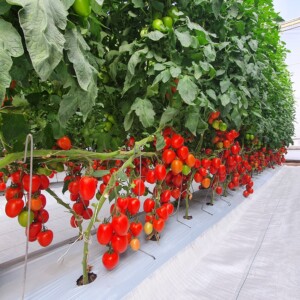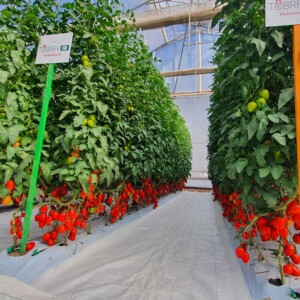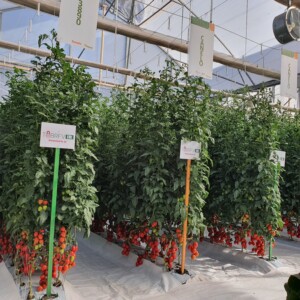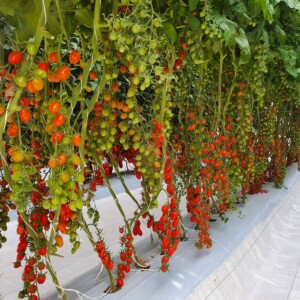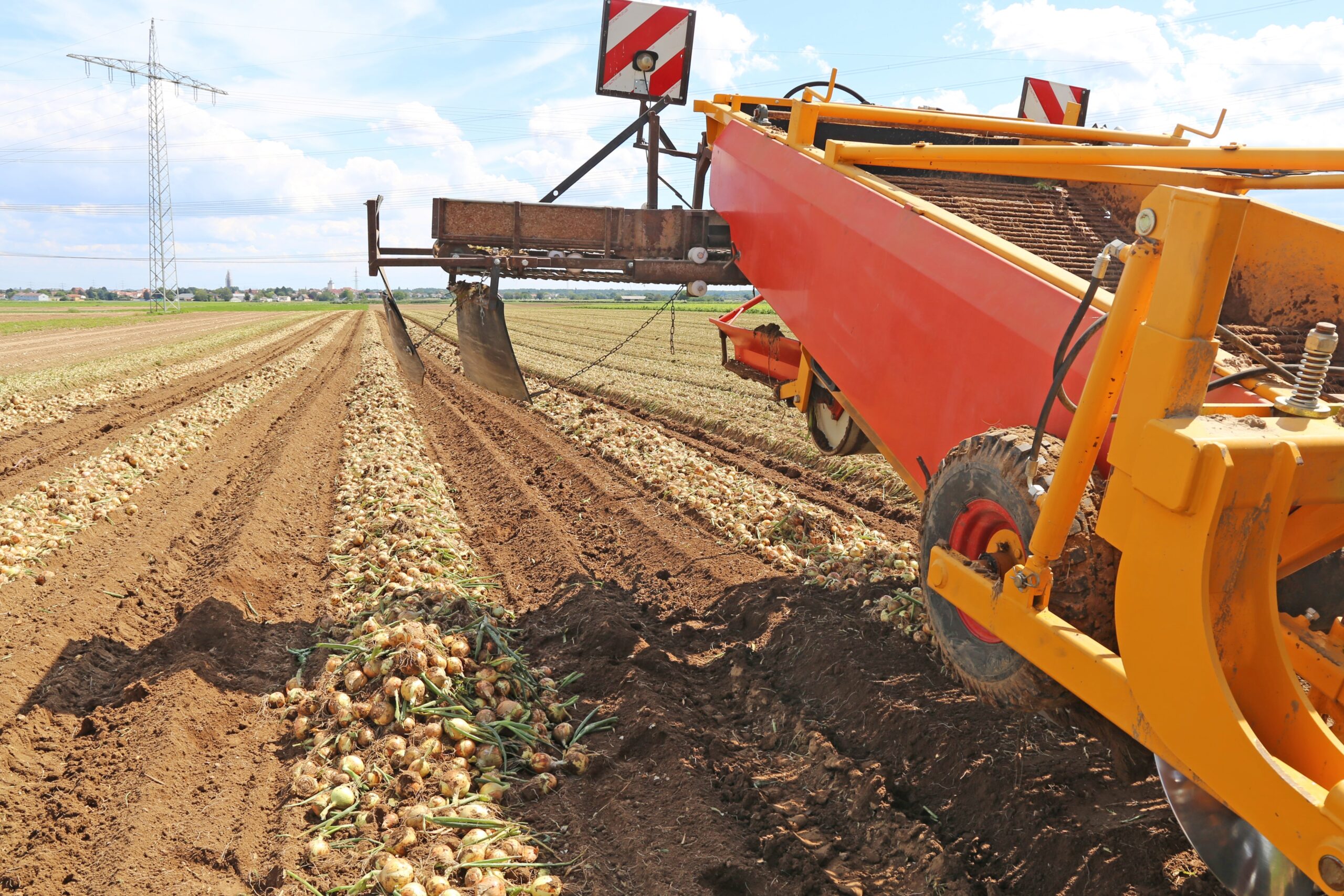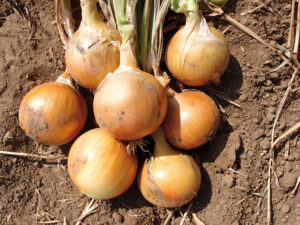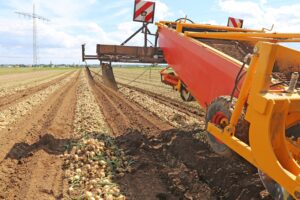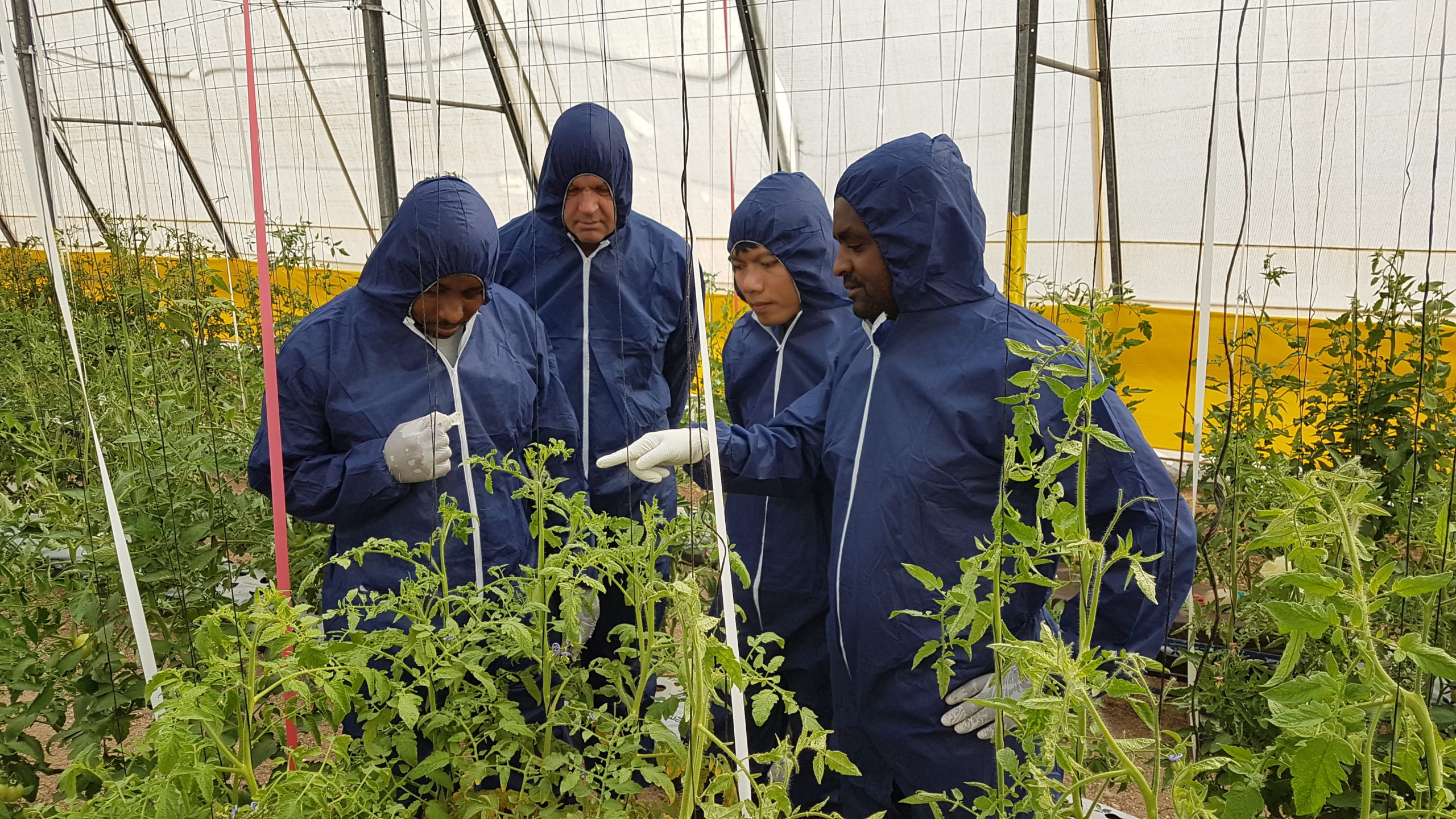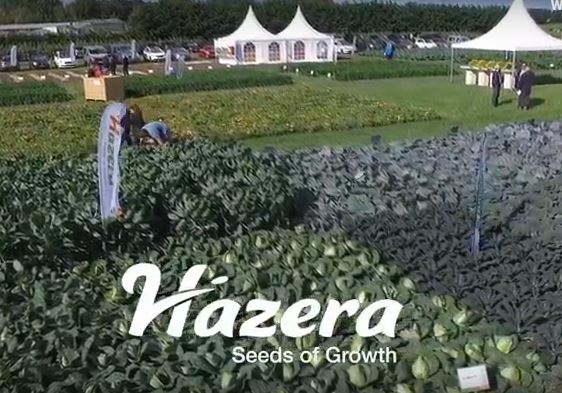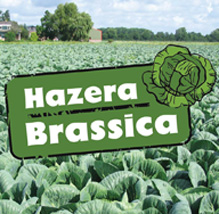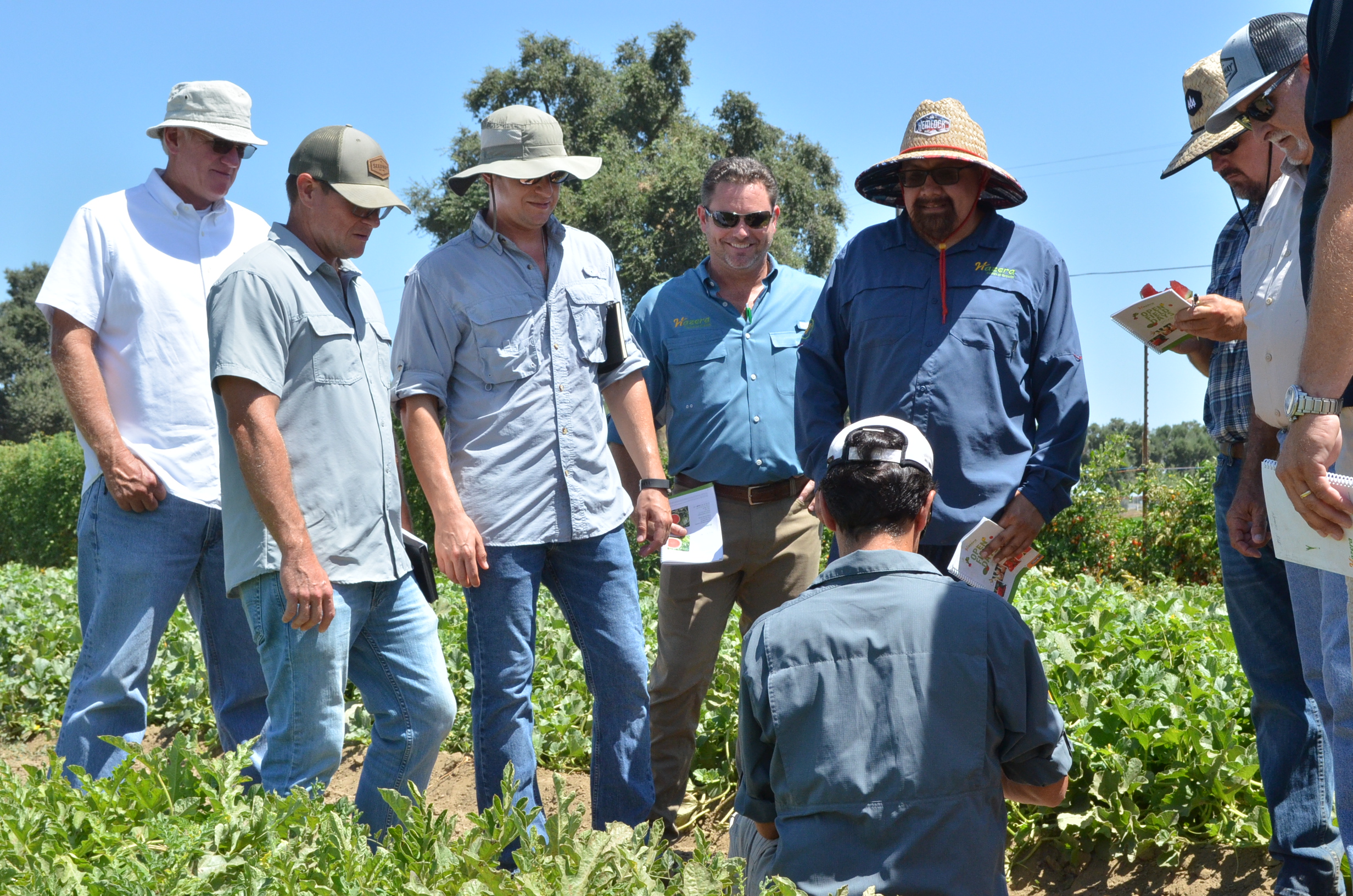by Jose Arias, Sales & PD California
As we bid farewell to the old and usher in the new, it’s time to extend warm wishes to some remarkable varieties gracing the agricultural landscape. Let’s toast Moonstone, Cali, and Robello – each unique in its own right, contributing its brilliance to the fields and gardens.
—
Moonstone
Moonstone, a shining gem in the Hazera family, has captivated growers with its enchanting attributes. Sporting a lustrous white external color, impeccable shape, and uniform size, Moonstone has effortlessly acclimated to diverse growing areas, showcasing its unwavering dependability. As we step into the New Year, let’s celebrate Moonstone’s resilience and applaud its role as a valuable asset in agricultural programs.
—
Cali
As the seasons change, so does the spotlight on Cali, a cabbage variety that truly shines. Best suited for cultivation in early spring, summer, and fall, Cali has earned its place in fresh market cabbage programs. With a reputation for high yield potential, uniformity in shape and size, and a compact core boasting exceptional internal fill, Cali is a beacon of excellence. Wishing Cali a prosperous New Year, filled with bountiful harvests and continued resistance to challenges like FoC.
—
Robello
In the realm of radishes, Robello stands out as a swift and vibrant contender. This fast-maturing variety presents growers with uniform bulbs characterized by consistent size and shape. Boasting a robust top attachment, ample top length, and a striking red exterior giving way to crisp, white flesh, Robello is a visual and culinary delight. As we embrace the New Year, let’s extend our wishes to Robello, a stalwart companion in both fresh consumption and processing, known for its unwavering resistance to downy mildew.
—
Here’s to Moonstone, Cali, and Robello – may the coming year be a tapestry of success, growth, and abundant harvests for these exceptional varieties. Happy New Year!




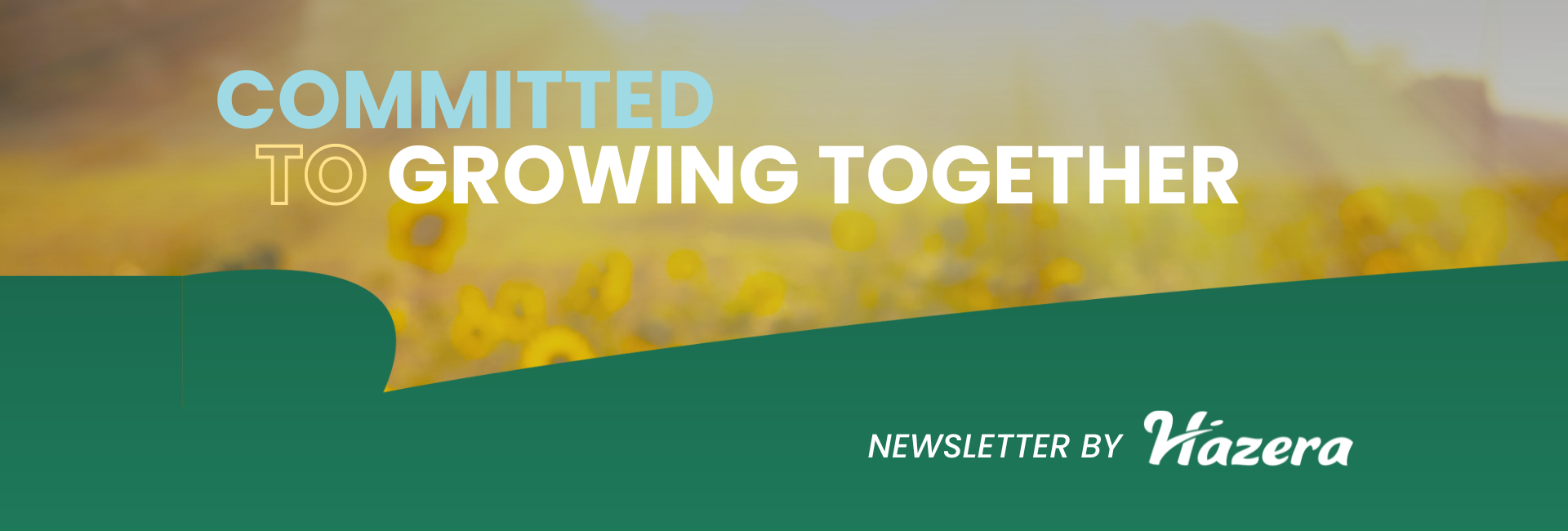
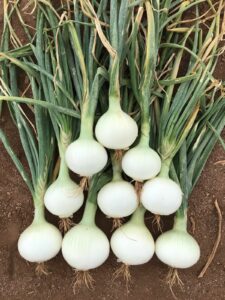

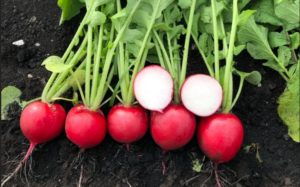
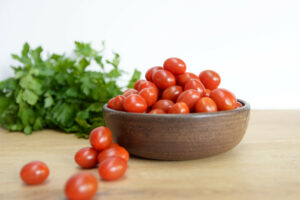
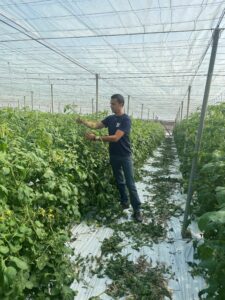

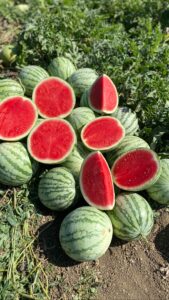
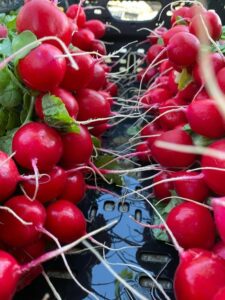

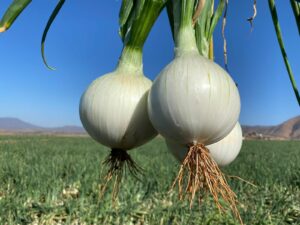

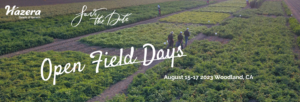

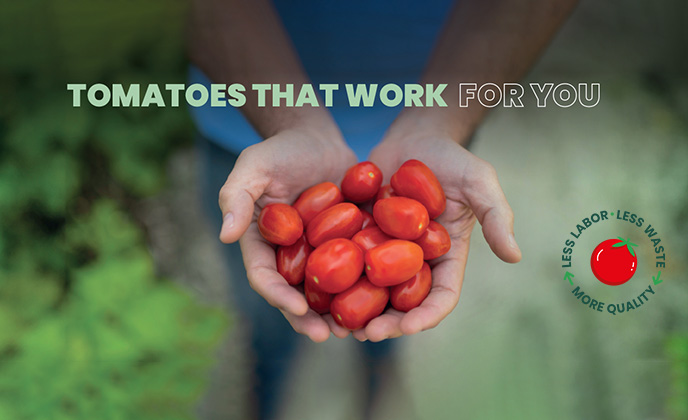
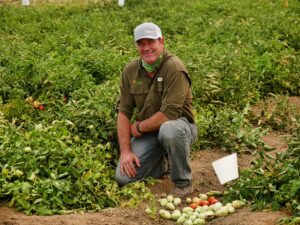 Arno Van Staden: “At Hazera, we strive to develop tomato varieties that address the challenges faced by growers, retailers, and consumers alike. With our unique advantages, we aim to provide an innovative solution that improves efficiency, reduces waste, and enhances the overall experience for everyone involved in the tomato supply chain and Camelot is exactly that variety”, says Van Staden.
Arno Van Staden: “At Hazera, we strive to develop tomato varieties that address the challenges faced by growers, retailers, and consumers alike. With our unique advantages, we aim to provide an innovative solution that improves efficiency, reduces waste, and enhances the overall experience for everyone involved in the tomato supply chain and Camelot is exactly that variety”, says Van Staden.